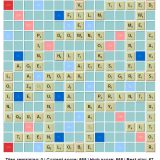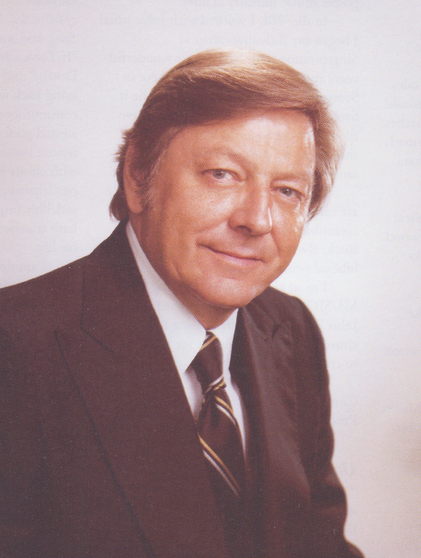The Universe Came to Be Science
“Science without religion is lame; religion without science is blind.” -Albert Einstein
Still reading I Don’t Have Enough Faith to be an Atheist.

NASA WMAP satellite
The book in its third chapter gives some scientific proof of a beginning in time. (too much to go into here, but I do recommend the book).
Later in the chapter, though, it gives a philosophical line of evidence. Although I don’t quite grasp it, I found it interesting. But first, a little mention of the WMAP satellite.
“In 2003 more evidence came forth that the Big Bang is correct. NASA’s WMAP satellite (Wilkinson Microwave Anisotropy Probe) confirmed findings of its predecessor COBE and returned pictures thirty-five times sharper than COBE’s of the background radiation ripples. In fact, space observations are becoming so supportive of the theistic worldview that George Will muses, “Soon the American Civil Liberties Union, or People for the American Way, or some similar faction of litigious secularism will file suit against NASA, charging that the Hubble Space Telescope unconstitutionally gives comfort to the religiously inclined.”
So looking at the mentioned philosophical line of evidence, the writer feels it is rationally unescapable, that some consider it the strongest argument of all. It’s called the Kalam (from the Arabic word for “eternal” Cosmological Argument, and it goes like this:
- An infinite number of days has no end.
- But today is the end day of history (history being the collection of all days).
- Therefore, there were not an infinite number od days before today (i.e. time had a beginning).
“As in this figure, the farther left you go, the farther back in history you go. Now assume for a moment that this line extends to the left indefinitely, so that you can’t see if or where it begins. But as you look to the right you can see the end of the line because the last segment of the line represents today. Tomorrow isn’t here yet, but when it gets here we’ll add one more segment to the right end of the line.Now here’s how this proves that time had a beginning: since the line certainly ends on the right, the time line cannot be infinite because something that is infinite has no end. Moreover, you can’t add anything to something that is infinite, but tomorrow we will add another day to our time line. So our time line is undeniably finite.
If there were an infinite number of days before today, then today would never have arrived. But here we are! So there must have been only a finite number of days before today. In other words, even though we may not be able to begin at some point because only a finite amount of time could be passed for today to arrive. You can’t traverse an infinite number of days. Thus time must have had a beginning.”
Confusing? I am finding some of the book so.
Found another look on YouTube:
















It certainly is interesting. It seems to me at least you have to make a distinction between time and infinity as time is ongoing but not always “yet” and infinite is always “now”. In other words, if something is infinite it is also eternal and since tomorrow has not happened yet it is not eternal and hence finite. It is clearly limited. Also, in time there is change. If something is infinite and eternal it is also unchangeable.
The things which we can count is know as finite and which we do not is infinite. So it will keep on changing as we go on learning. So the only limit is our knowledge to understand the unknown. Bigo